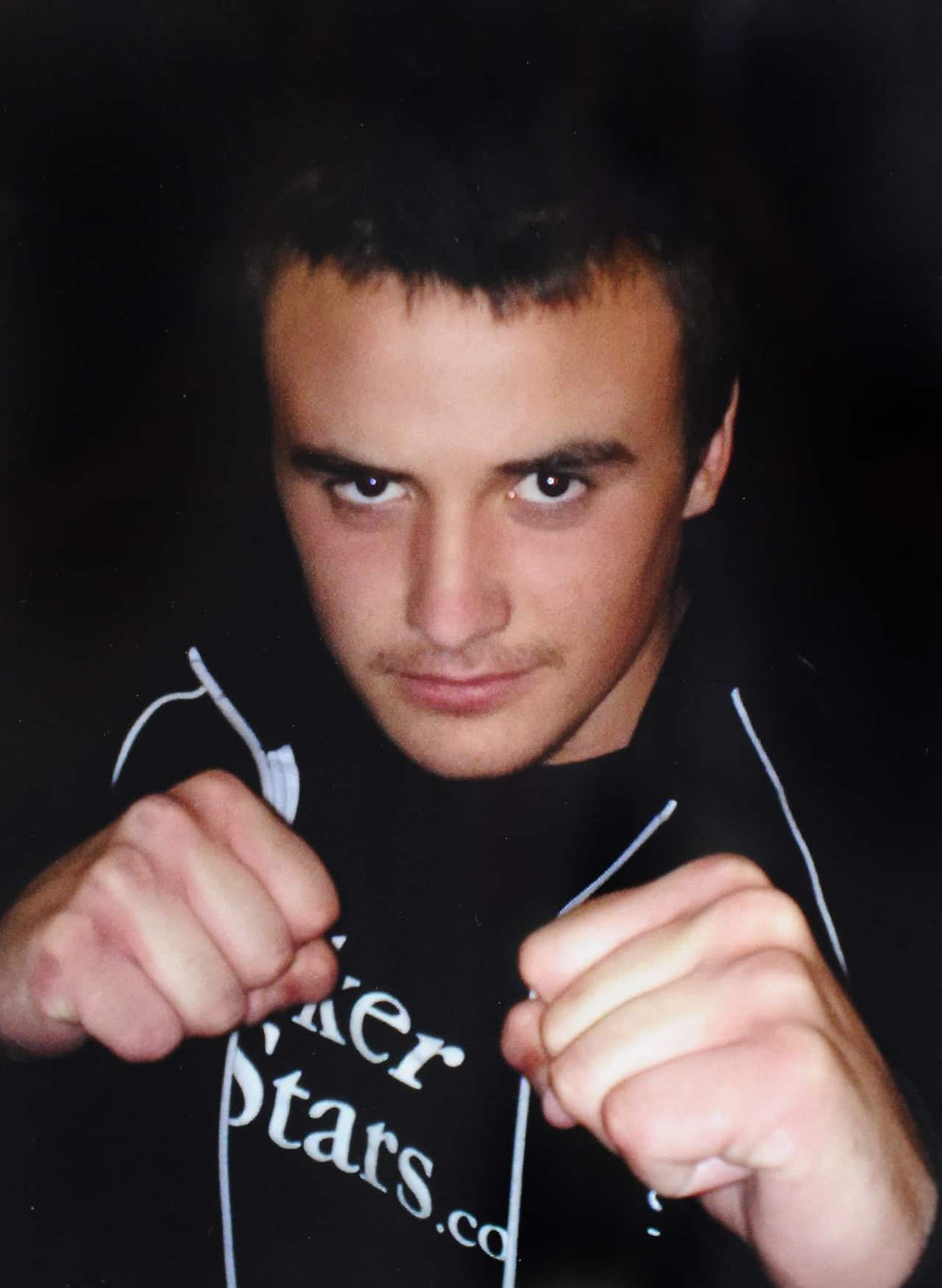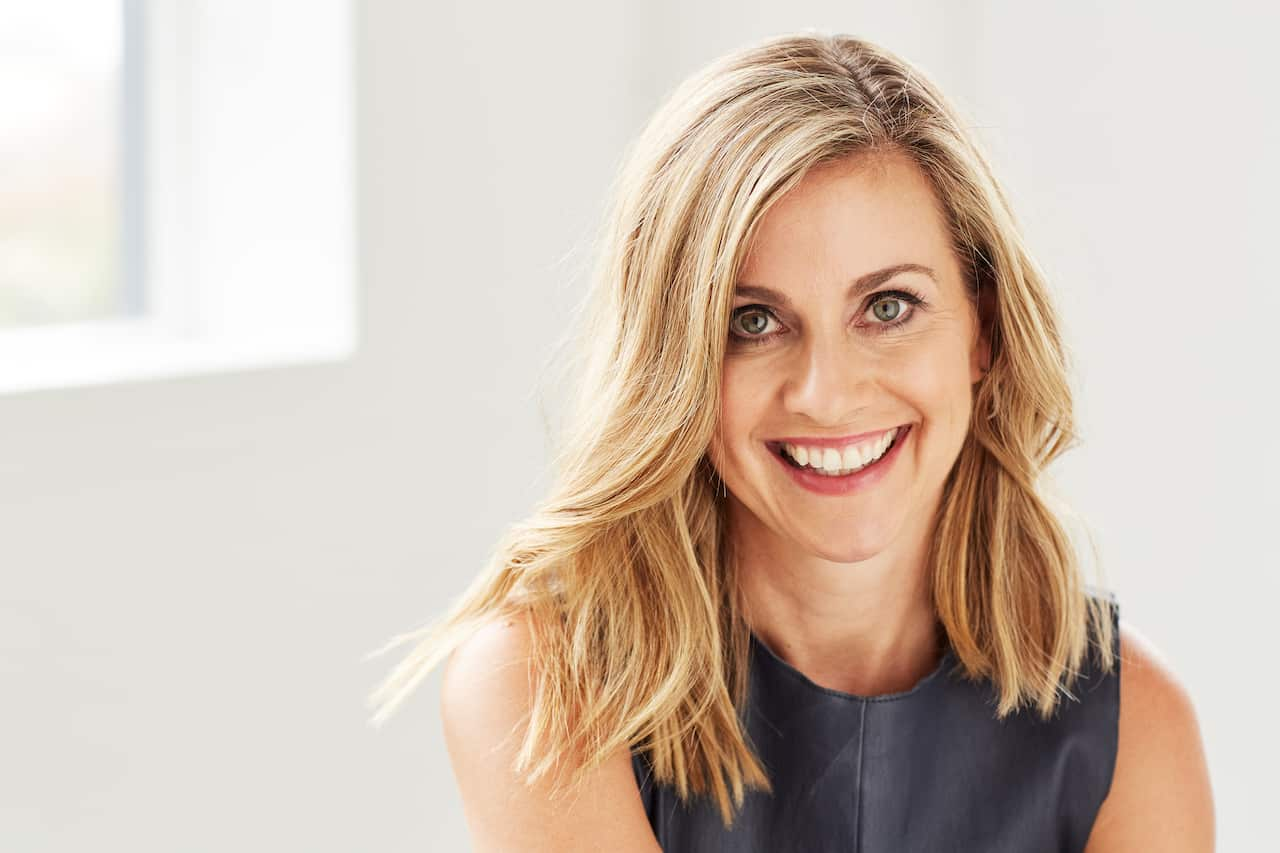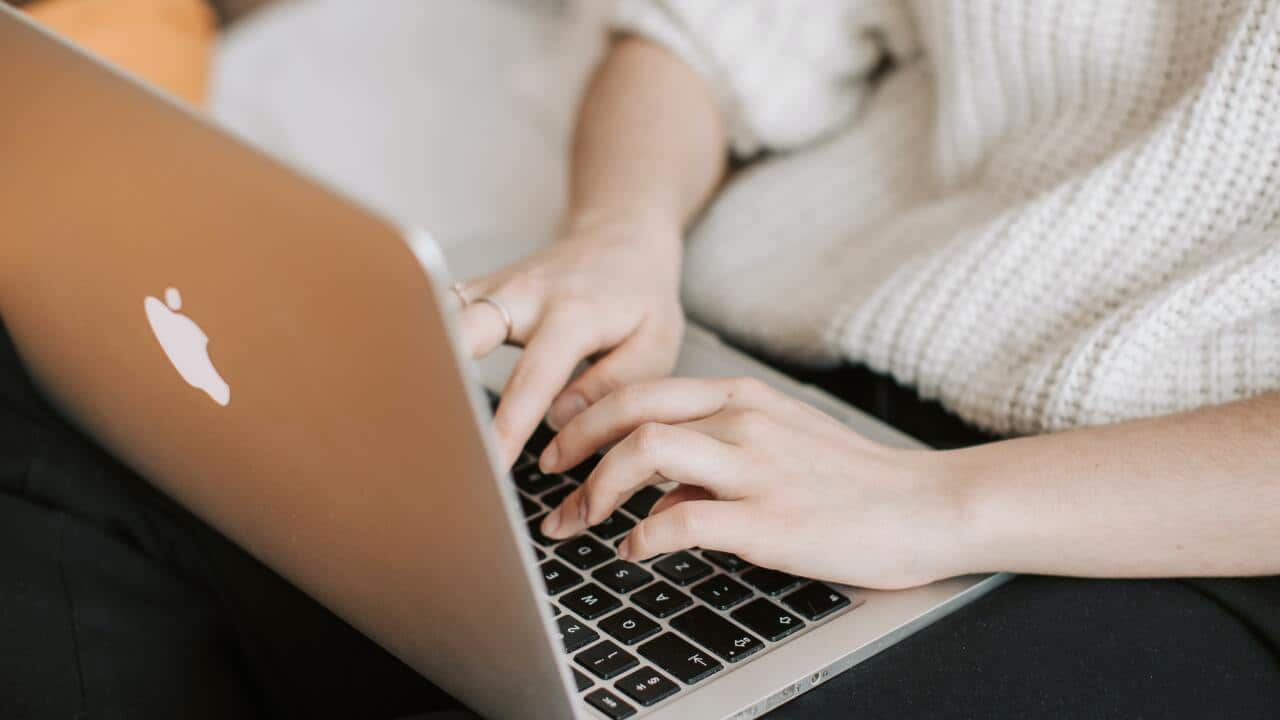Cyberbullying is a widespread problem among under-18s in Australia and around the world.
E-Safety Australia says 44% of young Australians reported having a negative experience online in the past six months, and 15% have received threats or abuse online.
In 2021, there were over one thousand cyberbullying reports. This was a 69% increase from 2019, and a 31% increase from 2020.
Dina and Ali Halkic lost their only son Allem when he was just 17 years old. He died by suicide as a result of cyberbullying. Allem was the first cyberbullying victim in Australia to be recognised by the courts as a victim of crime.

Bullying victim Allem Halkic. Credit: HALKIC FAMILY/PR IMAGE
His story highlights the devastating impact that cyberbullying can have on an entire community.
I think the reality of what actually happened to him, was difficult part for us to for Dina and I to accept. I used to wish that he died in a car crash or got murdered or anything else but him taking his own life.Ali Halkic
Julia Capuano is the lawyer who took on Allem’s case.
Australian courts had never previously recognised victims of cyberbullying who died by suicide as victims of crime. Julia's fight to change this has influenced the Australian justice system forever.
This was a landmark decision, and it was quite a unique case. Obviously with relevant offences now, people have the ability to make victims of crime claims in relation to cyberbullying.Julia Capuano
Even though it has been over a decade since Allem’s tragic death, his community and those working on the case remain deeply affected by it.
Psychologist Gina Cidoni worked with Allem’s family extensively.
This particular case had quite a profound effect on me and on other people who are working with the family. Any loss of a child is devastating, and suicide takes a particularly severe toll on parents... They were both suffering from grief with complicated symptoms like post-traumatic stress. They were battling with the blame and thinking about what they could have done differently to prevent it... This internal battle was obvious and very palpable.Gina Cidoni
Allem's father, Ali, still questions himself every day. He says he didn't fully understand the dangers his son faced online.
If he had better understood the world that his son was a part of, could he have done more to help him?
We paid for the internet, we gave him the computer, we paid for that phone. I really had to assess myself as well, because not that I'm responsible for his death, but you know, I am a contributing factor to the death at the end. I provided him with it all and didn't understand the dangers. I would never ever go and give my son the car keys and say, go drive the car.Ali Halkic
While the Covid-19 pandemic was a significant contributor to the rise of cyberbullying in Australia and around the world, experts also suggest that adolescents now are more vulnerable in general due to increased access, and at times, lack of supervision.
Julie Inman Grant is Australia's e-Safety Commissioner. She heads the world's first government regulatory agency committed to keeping its citizens safe online.

Julie Inman Grant
Over the first lockdown period, we saw about a 32 percent of increase in reports regarding cyberbullying. We believe that the reason we didn't see a bigger boost in youth-based cyberbullying - and it's still increased by a third - is because often cyberbullying is an extension of conflict that's happening within the school community.Julie Inman Grant
Over the last decade, Ali Halkic has worked tirelessly to educate Australians about the dangers of bullying and cyberbullying. In 2013, he and a group of passionate individuals established Bully Zero. The not-for-profit organisation works across Australia to prevent and reduce bullying through evidence-based education, advocacy and support.
I think that I have no choice besides just to keep talking about him and keep him alive in my memory and keep reminding people that he had the right to live and that it got taken away from him.Ali Halkic
Harmful is a six-part SBS podcast series that asks how we can better tackle bullying in our schools, workplaces and online. Hear personal testimonies that reveal what motivates bullies, what support victims need, and what it takes to heal.
Harmful is hosted by Wiradjuri woman and Science and Technology journalist Rae Johnston, and produced by journalist, podcaster and digital content producer Maram Ismail.
To listen to the full story, please click on the audio above or search for Harmful in the SBS radio app, at sbs.com.au/harmful, or in your favourite podcast app.




